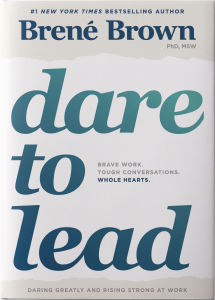
Dare to Lead
Brave Work. Tough Conversations. Whole Hearts.
The ultimate playbook for developing brave leaders and courageous cultures.
A leader is anyone who takes responsibility for finding the potential in people and processes and has the courage to develop that potential.
A leader is anyone who takes responsibility for finding the potential in people and processes and has the courage to develop that potential.
The ultimate playbook for developing brave leaders and courageous cultures.
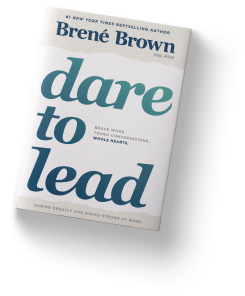
Gauge your strengths and your opportunities for growth as a daring leader.

We launched Dare to Lead with a global read-along on LinkedIn. Watch all of the video Q&As from our seven-week series.

A collection of resources, including the Read-Along Workbook, the Glossary, and art pics.
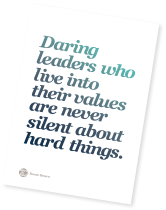
We can’t live into values that we can’t name, AND living into values requires moving from lofty aspirations to specific, observable behaviors.
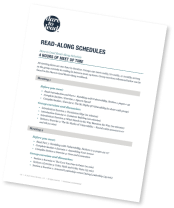
Explore several ways for teams and organizations to engage with Dare to Lead.
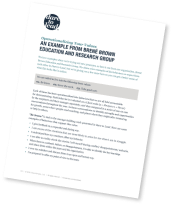
Our global team of independent Certified Dare to Lead Facilitators are trained to bring the Dare to Lead research to your organizations.
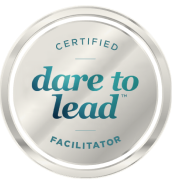
Bring the Dare to Lead courage-building process into your organization.
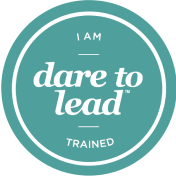
Get the book
Brave Work. Tough Conversations. Whole Hearts.
The ultimate playbook for developing brave leaders and courageous cultures.
Podcast
Leadership is not about titles or the corner office. It’s about the willingness to step up, put yourself out there, and lean into courage. The world is desperate for braver leaders. It’s time for all of us to step up.
I’ve spent twenty years studying courage, vulnerability, shame, and empathy, and I recently completed a seven-year study on brave leadership. The goal of Dare to Lead is to share everything we’ve learned about taking off the armor and showing up as leaders in a skills-based and actionable playbook. Here are a few of the big ideas that emerged from this research:
Daring leadership is a collection of four skill sets that are 100% teachable, observable, and measurable. The foundational skill set of courage-building is “rumbling with vulnerability.” Once we have built these rumbling skills, we can move on to the other three skill sets: Living into Our Values, Braving Trust, and Learning to Rise. Our ability to be daring leaders will never be greater than our capacity for vulnerability.
The greatest barrier to courageous leadership is not fear—it’s how we respond to our fear. Our armor—the thoughts, emotions, and behaviors that we use to protect ourselves when we aren’t willing and able to rumble with vulnerability—move us out of alignment with our values, corrode trust with our colleagues and teams, and prevent us from being our most courageous selves.
To scale daring leadership and build courage in teams and organizations, we have to cultivate a culture in which brave work, tough conversations, and whole hearts are the expectation, and armor is not necessary or rewarded. We have to be vigilant about creating a culture in which people feel safe, seen, heard, and respected.
The skill sets that make up courage are not new; they’ve been aspirational leadership skills for as long as there have been leaders. We just haven’t had the courage for real talk about courage. But it’s time. And if you want to call these “soft skills” after you’ve tried putting them into practice—go for it. I dare you. Until then, find a home for your armor, and I’ll see you in the arena.